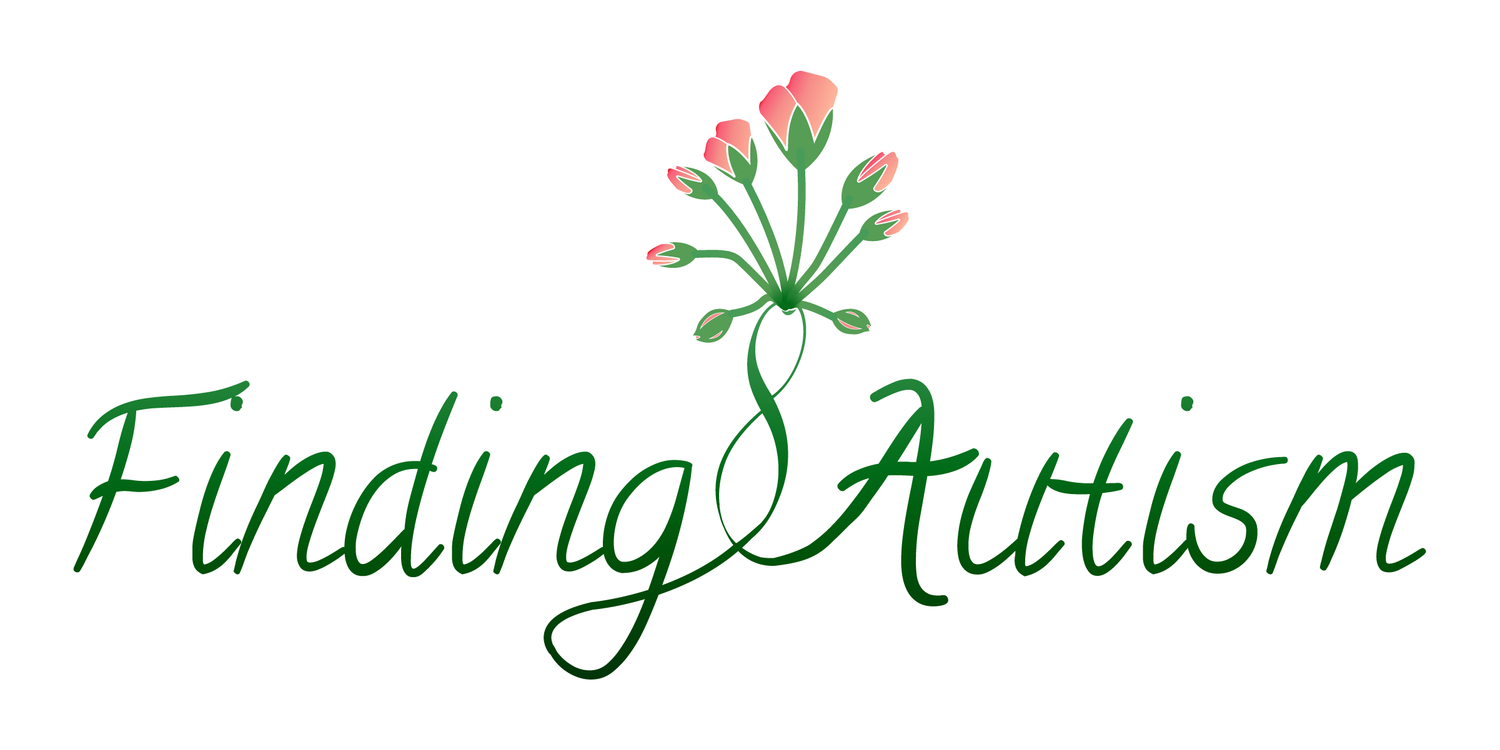Blog Post: Why I Prefer Identity-First Language
The other day, I received a long message about my supposedly incorrect use of the term “autistic women” in describing myself and those that I seek to support. The message explained that it is more appropriate to say “women with autism” to take our diagnosis away from who we are as a person. Apparently, we shouldn’t let autism define us. I personally disagree and like to use the term “autistic women” and here’s why.
I am autistic
Autism is a neurological difference that is present from birth until death. This means that at every stage of my life, everything I perceive, process, think, and do is coloured by being autistic. Therefore, my autism does partly define me because it defines my experiences. It can’t be taken away from who I am as a person, just like my natural hair colour can’t be taken away. Sure, I can dye my hair blonde but after a few weeks, no matter what I do, my brunette hair will come through. The brunette hair is the truth; it is me. I feel similarly about my autism… it is who I am.
Describing someone as an “autistic person” is an example of identity-first language. And, as it turns out, research suggests that autistic advocates tend to prefer identity-first language over person-first language (i.e., person with autism). Why do we care about this distinction?
Describing us as “people with autism” or as “suffering from autism” implies that autism is a condition that can be, or needs to be, overcome. Indeed, it makes sense to use this language with other conditions, such as depression. A person has depression - they weren’t born depressed, the depression comes and goes, and it can usually be treated. When the person no longer has depression, they revert back to their “normal” self - their baseline. Autism is not the same as a mental health condition - it is present for our whole lifespan, it never goes away, and it cannot be “treated” or “cured”. I believe that our baseline is autistic.
Embrace autistic identity
The path forward if you want to be an ally is to embrace diverse autistic identities and perspectives surrounding language. Ask us how we wish to identify in relation to our autism. Then, respect the language that we use to describe ourselves, even if it makes no sense to you.
If you like what I’m sharing, you can kindly support me by ‘buying me a coffee’.

